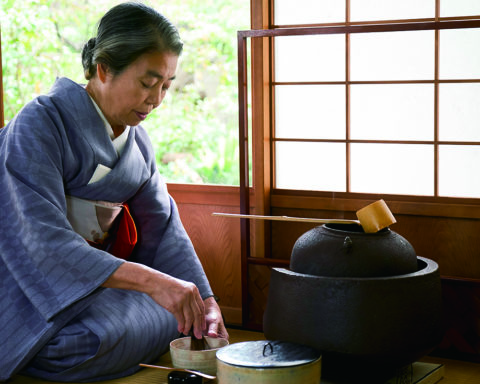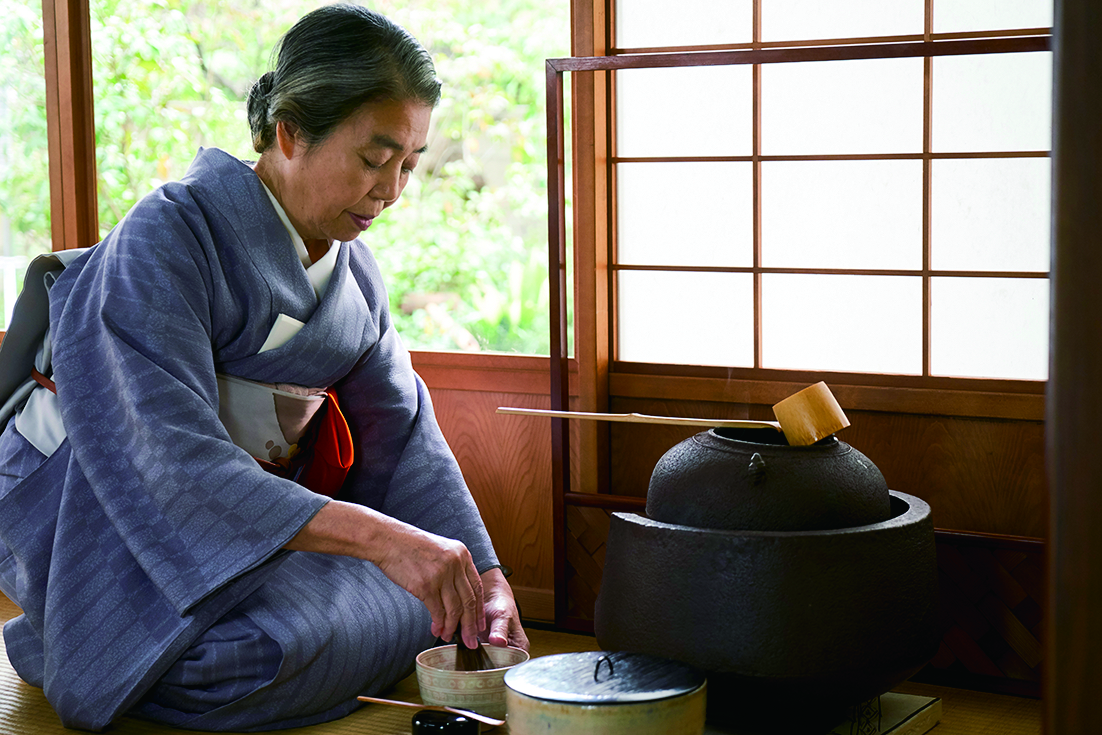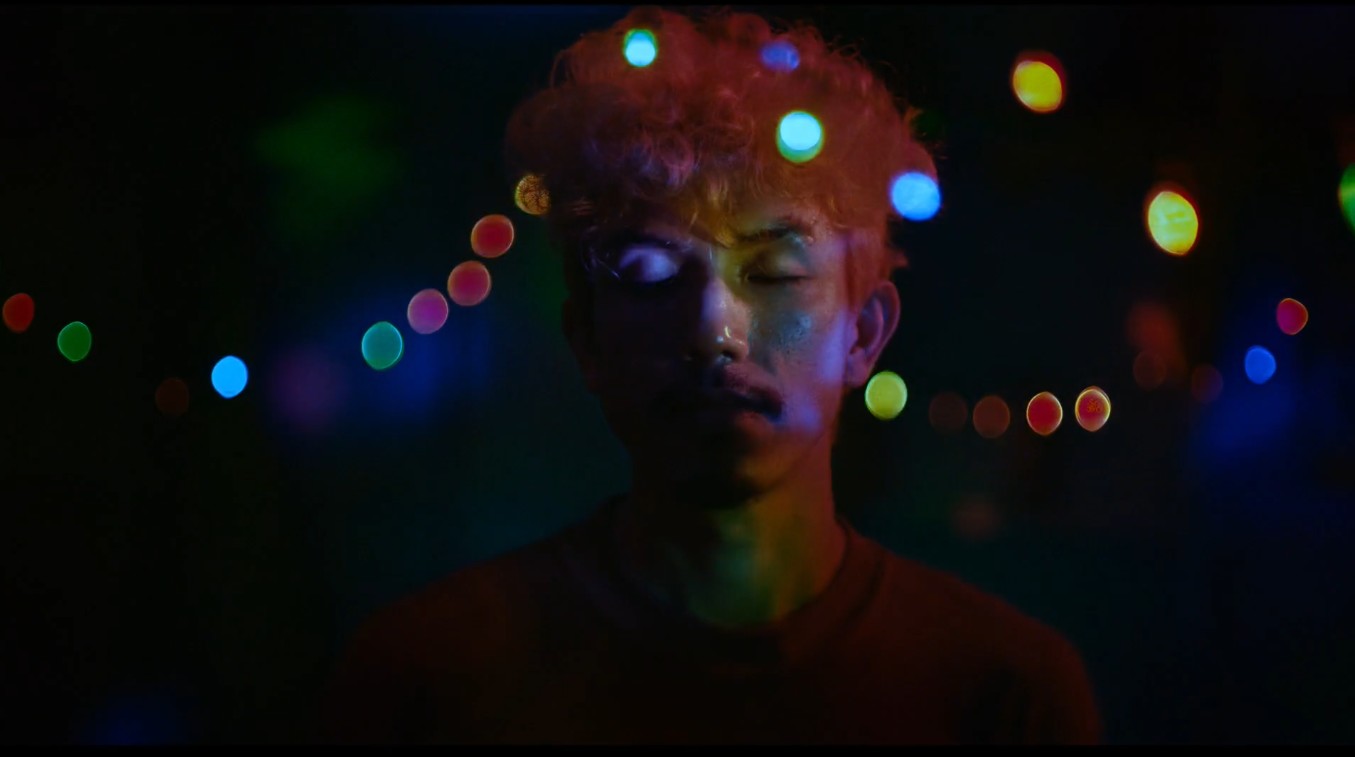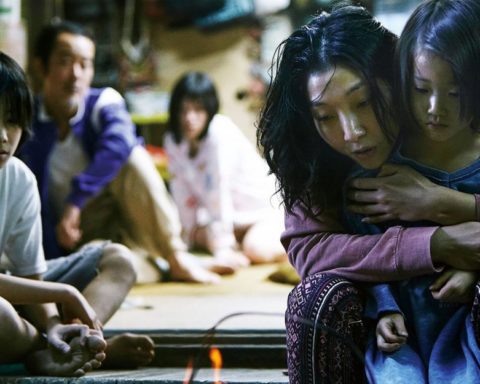
 (2.8 / 5 While a somewhat academic journey into the Way of Tea, Omori's rite-of-passage drama is a beautiful ode to the late Kirin Kiki (The Shoplifters, Sweet Bean) whose poise and grace, as the tea ceremony master, definitely compels our admiration.)
(2.8 / 5 While a somewhat academic journey into the Way of Tea, Omori's rite-of-passage drama is a beautiful ode to the late Kirin Kiki (The Shoplifters, Sweet Bean) whose poise and grace, as the tea ceremony master, definitely compels our admiration.)Nearing the end of university, Noriko is not having much luck finding either herself or a job when her mother suddenly suggests she study tea ceremony. Noriko is cool to the idea, but her cousin Michiko likes it and suggests they both go. Nearby lives Mrs Takeda, a tea ceremony teacher who, as people say, is not ‘your ordinary old lady.’
In the following years Noriko drifts from job to job, loses a boyfriend and then her father. The only constant in her life is the tea ceremony, in whose tightly prescribed movements and rhythms she eventually finds a unique sense of freedom. With its tea ceremony-inspired emphasis on the five senses and the changing seasons, this is a moving drama that finds life and energy from an unexpected source.
EVERY DAY A GOOD DAY is adapted from a widely admired essay by Noriko Morishita about her 25 years as a student of the tea ceremony. Morishita supervised the filming of the tea ceremony, the motions of the actors, along with the choice of tea cakes, cups, and all the other accoutrements of this highly stylized example of traditional performance art.
EVERY DAY A GOOD DAY
(日日是好日, Nichinichikorekojitsu)
A film by Tatsushi Omori
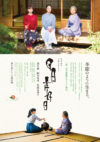 With Kirin Kiki, Haru Kuroki and Mikako Tabe
With Kirin Kiki, Haru Kuroki and Mikako Tabe
2018 – Japan – Drama – 100 min. – Aspect ratio 1.85:1 – 5.1 Sound – Audio: Japanese
World premiere: Busan Film Festival 2018
| Screenplay: |  (2.0 / 5) (2.0 / 5) |
| Mise en scène: |  (3.0 / 5) (3.0 / 5) |
| Interpretation: |  (3.5 / 5) (3.5 / 5) |

